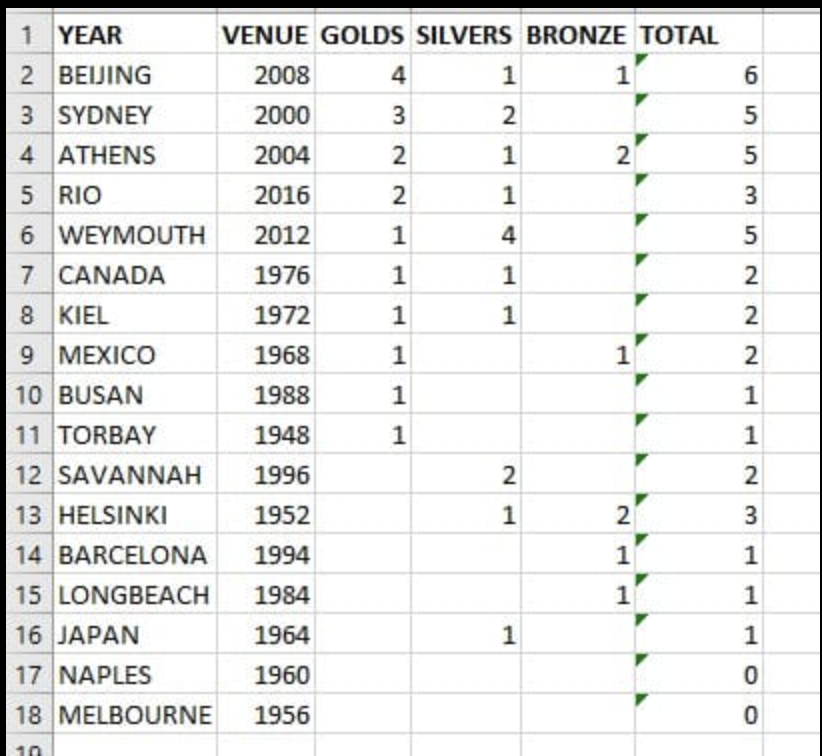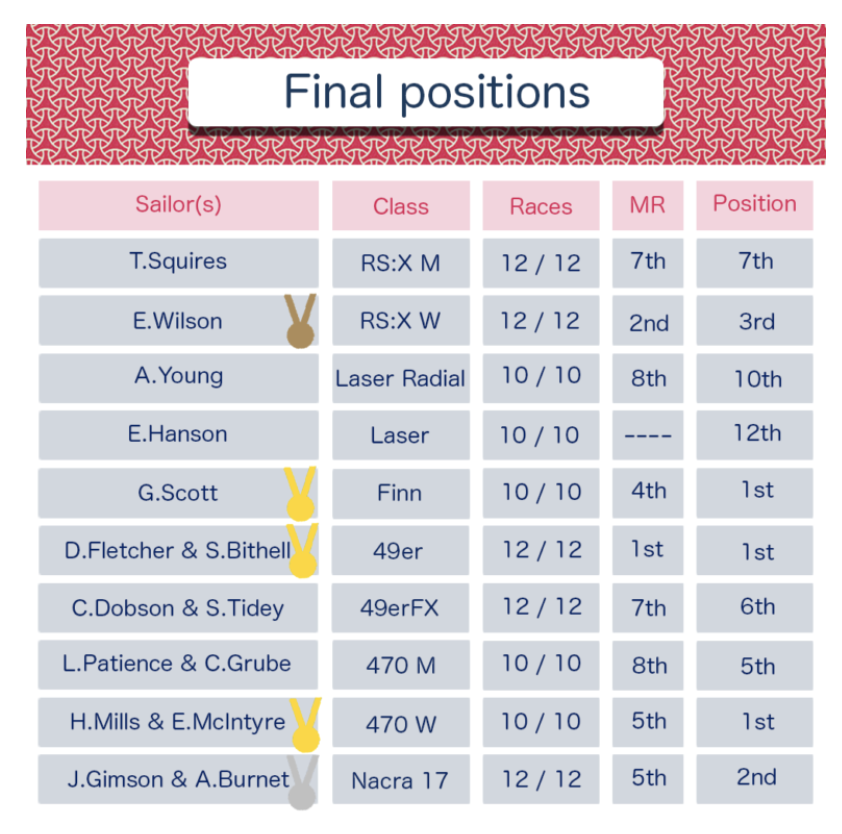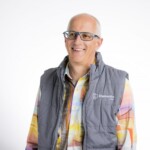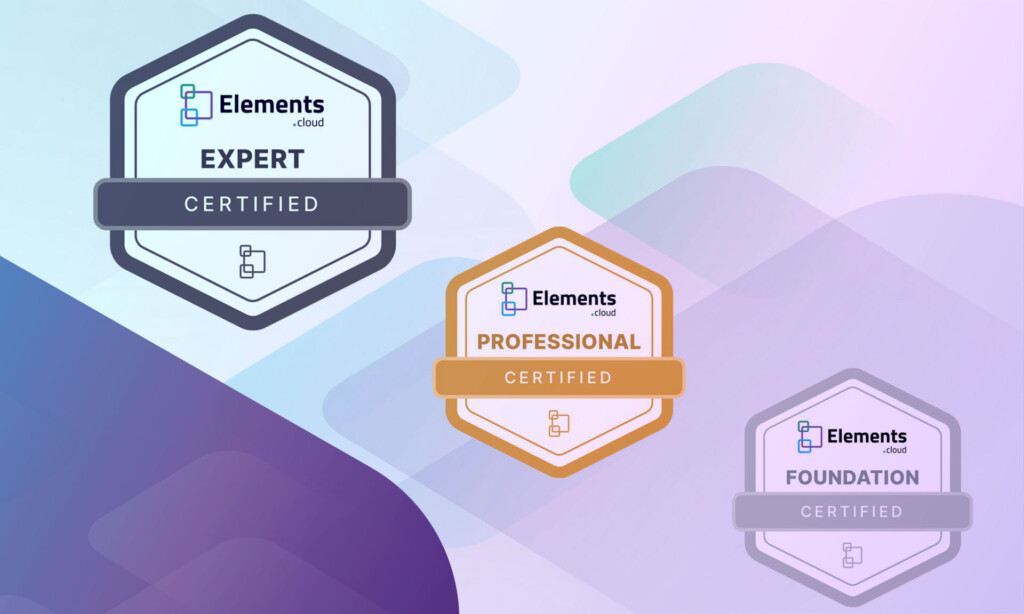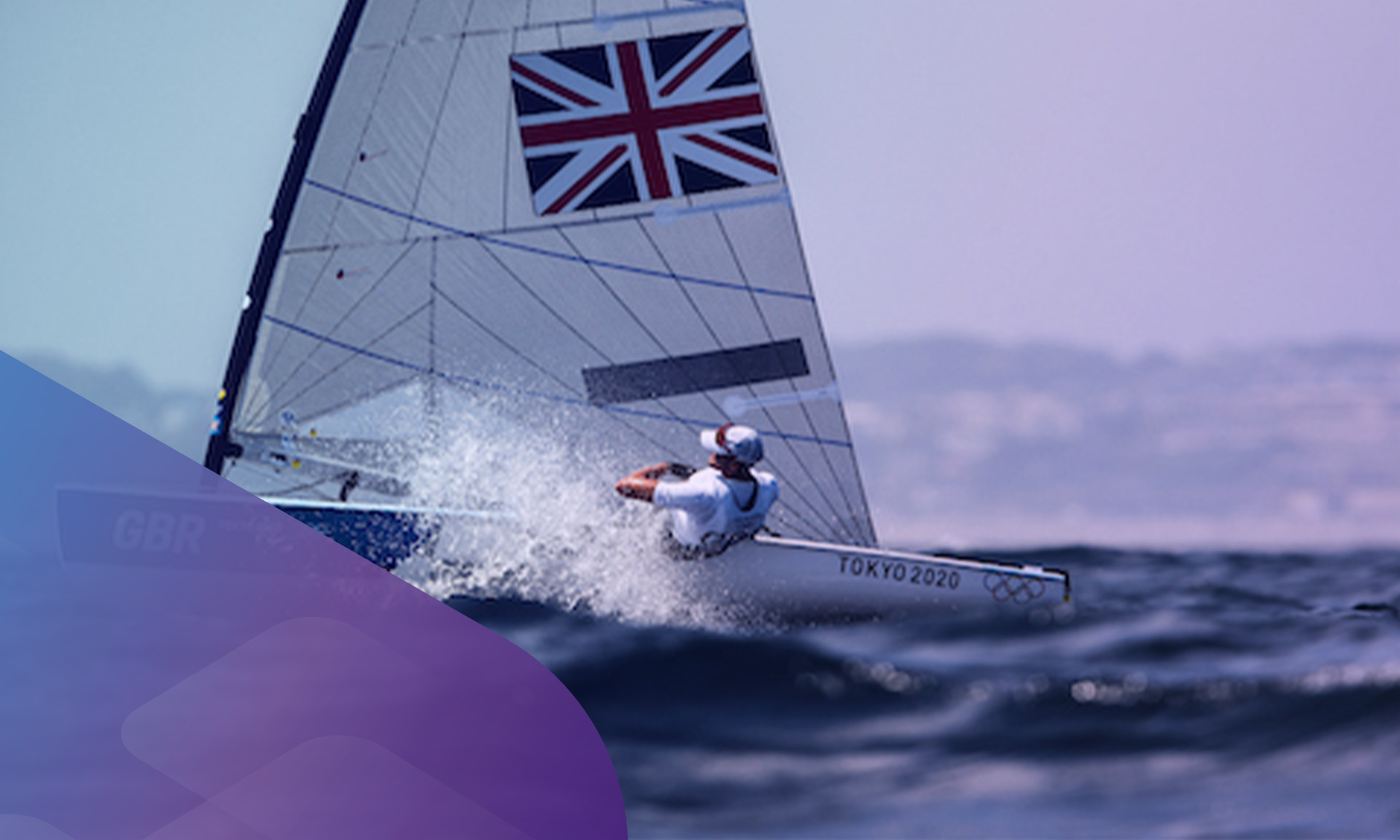
What does it take to win multiple Gold medals
WINNING GOLD
Gold medallists ACTUALLY dream of winning gold medals. They picture themselves walking up onto the podium – night after night. That’s what a Gold Medalist told me. In his case it was from the age of 12 up until he won Gold aged 32. Winning rarely happens at their first Olympics, despite the hard work, training and qualifying to get there. Most Olympians compete in several Olympics before even getting close to a gold medal. However, it is more than a streak of raw talent and perseverance that drives them on.
NOT ALL ABOUT RAW TALENT
Michael Phelps, the USA swimmer, is one of the most decorated Olympians ever. However, at his first Olympics in 2000 he didn’t even make the podium. The following Olympics, Phelps came back and won six gold medals. It’s not just about raw talent, but the ability to draw on the experience that they have built up in areas like training, mental fitness, nutrition and swimming. He used all the training and performance data built up year on year at every training session and competitions to continually improve his results. And he has gold medals to show that it works. This was also the case for Australian Olympic rower James Tomkins. He competed in his first Olympics and didn’t make the podium. The following Olympic year he came back and won gold for his country. And the next Olympics he was able to win gold for a second time.
Lars Frolander was a Swedish swimmer who competed in 6 Olympics. Once again it took him a few Olympic years in order to win the gold.
STANDING ON SHOULDERS OF GIANTS (or themselves)
These Olympians were able to win gold medals by building on the knowledge that they had acquired through previous Olympic campaigns. This historical data gave them a massive advantage over their newer competitors even if they were stronger athletes. It is clear that it is not just their raw talent that got them the gold. They worked with a whole team including trainers, physio, nutritionists, and coaches who are all drawing on that mine of performance data to help the athletes make the incremental improvements required to win by fractions of a second.
INVESTING WORKS
The sport I know best is sailing as I was in the 1984 Great Britain squad when it was an amateur sport. We all took time off work to compete and got sponsors to support us. There were no dedicated coaches or access to performance data. But then there was a big shift and money was pumped into the sport at an Olympic level in 2020 which can clearly be seen in the table below. These may seem low numbers compared with the swimming examples, but there are only 10 medals available each Olympics.
So what happened? Money went into organized training, analysis and research into performance, tracking results and different aspects of coaching; physical, mental, nutritional etc. Interesting side note: the 2020 squad has 2 children of past medalists who are now winning medals.
Here is the current position of the Great Britain sailing team at in Tokyo. In 5 of 10 classes of sailing, the British athletes won medals.
WINNING GOLD FOR YOU AND YOUR ORG
Winning a gold (goodie) requires the same raw talent, perseverance and access to that critical knowledge that enables you to drive constant improvement. Many Salesforce teams and their Orgs are like the Great Britain sailing team up to 2000. Talented individuals starved of the investment to deliver consistent long term results. But put in place the right structure, the training, the tools and the people and you can achieve results. Sounds familiar – I am describing a Center of Excellence.
A critical part of the Center of Excellence is the aggregated body of analysis and historical performance. And this is where Elements.cloud comes in. It is the Configuration Knowledge Platform which builds a metadata dictionary with the analysis of the org and then links every metadata item to the previously siloed information , such as process diagrams, requirements, user stories and training.
LESS PAIN, MORE GAIN
But where you have an edge over the athletes, is much of this Configuration Knowledge is created automatically, rather than developed in training sessions that leave you exhausted in a puddle of sweat. More and more organizations are are turning to Elements.cloud to provide a Configuration Knowledge Platform that is an enterprise scale, aggregated, connected view of all automated and manually created documentation and processes within the org; requirements, business process maps, user stories, org impact and dependency analysis, configuration changes, security scans, testing and end user help.
OLYMPIC FUN FACTS
• 3 new sports added in the 2020 Olympics: Surfing, Skateboarding, Karate
• 3 sports you didn’t know were in the Olympics: Tug of war, Obstacle swimming, Racewalking
THE FINAL WORD
You’re not going to win gold medals the first time. But as long as you keep on building on the previous successes and the knowledge of how you got there, you will be on your way to a gold.
Photo by Gentrit Sylejmani on Unsplash
Sign up for
our newsletter
Subscribe to our newsletter to stay up-to-date with cutting-edge industry insights and timely product updates.



